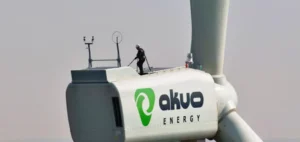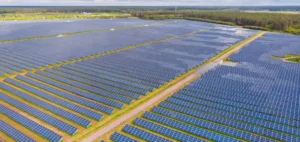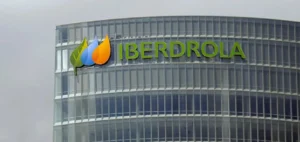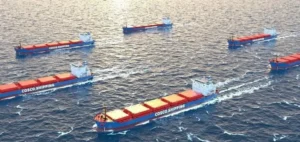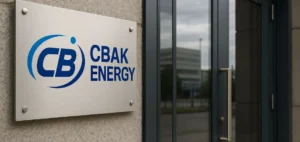The clean energy infrastructure market is experiencing remarkable growth, projected to reach 1.5 trillion USD by 2033, a substantial increase on its current value of 0.6 trillion USD.
This development is mainly driven by the growing demand for alternative energy solutions, in the face of the urgent transition to renewable sources.
Industries, as well as governments, are playing a crucial role in this dynamic, investing massively to meet environmental and economic requirements.
The development of renewable energies, such as wind and solar power, is accompanied by the modernization of transmission and distribution networks.
State-of-the-art technologies, including smart grids and energy management systems, are optimizing the integration of these new energy sources, enabling greater grid stability and reduced losses.
The market is also fuelled by favourable public policies that encourage investment in sustainable infrastructure.
The importance of storage systems
The development of energy storage systems has become essential in this context of growth.
These systems make it possible to compensate for the intermittency inherent in renewable energies, by storing excess energy produced for later use.
Storage thus plays a strategic role in guaranteeing the balance between supply and demand, an essential element in the reliability of modern power grids.
Technological advances in this field, such as new-generation batteries and large-scale storage solutions, are at the heart of market expansion.
Energy-intensive industries such as metallurgy and chemicals are particularly concerned by these innovations.
By investing in efficient storage systems, these sectors are seeking to optimize their energy consumption, reduce costs and improve their competitiveness in a changing global market.
The growing role of energy storage is also reflected in large-scale infrastructure projects, where it is becoming a key element of energy strategy.
Asia-Pacific: a regional leader
The Asia-Pacific region stands out for its leadership in the clean energy infrastructure market.
China and India, in particular, continue to dominate the sector thanks to ambitious policies and significant investment in renewable energies.
Population growth, coupled with rapid industrialization, is increasing demand for energy, making the transition to clean sources not only desirable but imperative. These countries are exploiting their renewable energy potential, with a notable rise in solar and wind farms, coupled with rapid adoption of storage technologies.
Transmission and distribution infrastructures are also being modernized to support this new load, with investments in smart grids that enable more efficient and flexible energy management.
This integrated approach not only ensures the sustainability of energy supply, but also strengthens the region’s position as a key driver of the global energy infrastructure market.
The challenges, though numerous, do not stand in the way of this dynamic.
Managing the intermittency of renewable energies and the high cost of new technologies are obstacles to be overcome.
However, current trends show that investment in research and development, as well as supportive policies, will continue to take this market to new heights.

